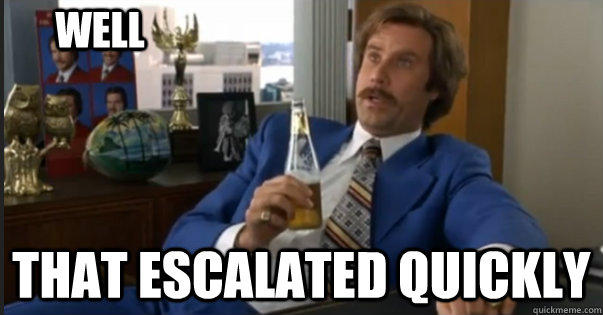Britain could be up to £70billion worse off if it leaves the Single Market after Brexit because of slower growth, the Institute for Fiscal Studies has warned.
The respected economic think tank said that Britain could enjoy an extra 4 per cent in national income if it remains in the single market, equivalent to two years worth of growth.
It comes after European leaders have warned that Britain cannot remain a full member of the Single Market without agreeing to the free movement of EU migrants.
The thinktank said the boost to the country's trade, public finances, growth and living standards far outweigh the costs of single market membership across Europe.
Its report, which was funded by the Economic and Social Research Council, added that just having access rather than membership of the single market was "virtually meaningless".
In its latest study, the IFS warned Britain now faces some "very big choices" in negotiations with the EU.
Ian Mitchell, research associate at the IFS and an author of the report, said: "There is all the difference in the world between 'access to' and 'membership of' the single market.
"Membership is likely to offer significant economic benefits particularly for trade in services.
But outside the EU, single market membership also comes at the cost of accepting future regulations designed in the EU without UK input."
The report claims that while leaving the EU will free the UK from an estimated £8 billion a year of budget contributions, the loss of trade from Brexit could hit tax receipts by a larger amount.
It found new trade deals would be unlikely to make up for lost EU trade, which accounts for 44 per cent of British exports and 39 per cent of service exports.
Official figures from the Office for National Statistics on Tuesday showed the UK exported £12 billion worth of goods and services to the EU in June, an increase of £500 million compared with May.
The IFS said: "Any country in the WTO - from Afghanistan to Zimbabwe - has 'access' to the EU as an export destination. "Single Market 'membership' by contrast involves elimination of barriers to trade in a way that no existing trade deal, customs union or free trade area achieves."
It came as David Cameron's former Director of Communications said that he has no regrets about the failed campaign to keep Britain in the EU.
Craig Oliver told Politico: “Genuinely, I don’t think we would’ve run a different campaign. Even right up to the last minute, most people, most pollsters, most people who’d modeled it — hedge funds, businesses — thought the Remain camp was going to win."
He accused the Leave campaign of "misleading on an industrial scale" by claiming that Britain sent £350million a week to the EU and that Turkey was on the brink of joining the union.




